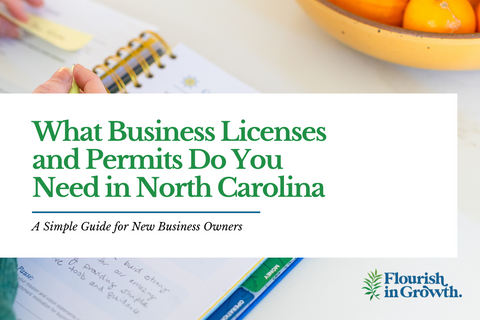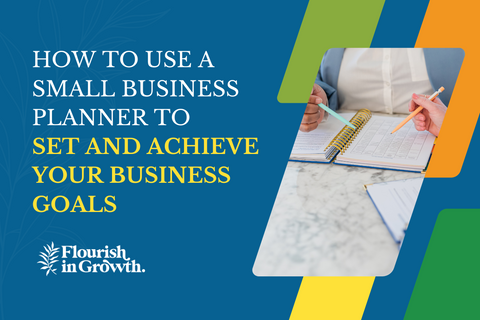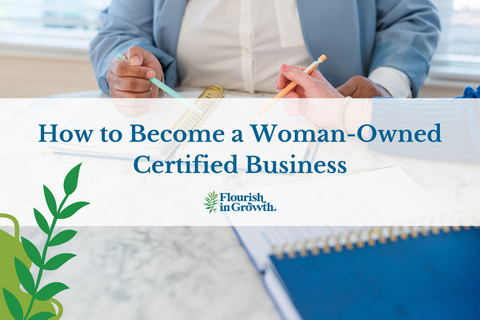Don't Start your Business with a Business Plan
All of the experts say to start with a plan, here's why you shouldn't.
If you are starting a business, you’ve probably heard these questions a dozen times, “Do you have a business plan?”, “How are you going to sell?” or, my personal favorite, “Do you think it will sell?”
The standard advice from every well-meaning supporter of small businesses is that you should always start with a business plan because you need to know how your business is going to make money. While it’s true that you need to know this, it’s also not where I believe you should start.
Here’s what you find when you search online for the first thing to do:

Indulge me while I share a story that is a fictional representation of a few business owners that I worked with over the years.
I once met with a woman who we will call, Tiffany. Tiffany was desperate to start making money in her business after two years of feeling like she wasn’t getting anywhere. She was working very long hours and felt exhausted. Her spouse was starting to question why the business wasn’t making money and Tiffany felt like she had tried everything. As we started to delve into the business, it became clear that Tiffany didn’t feel a strong pull towards the business or the products she was creating and selling. She shared with me that she used to love making these products as a hobby and decided to turn it into a business to make some extra money. She bought a lot of inventory and began to create as many products as she could. She quit her job to focus solely on the business.

The more we drilled down, the more Tiffany questioned why she started the business in the first place. She couldn’t come up with an answer besides that she always wanted her own business, didn’t love her old job, and was looking for more flexibility.
After spending some time thinking about it. Tiffany realized that she didn’t want to sell those products to make money. She wanted to enjoy it as a hobby. She decided to shutter that business and take a personal inventory of what she wanted out of her life and what mattered to her.
She realized that what she wanted was, to be a part of an organization that made a positive impact, make enough money to fit her lifestyle, and spend quality time with her loved ones. She looked at her skills and talents and met with a career advisor. She attended a few events for small business owners and ultimately decided to reenter the workforce by taking a job with a small business.
Tiffany’s story isn’t about successfully building a business, but rather about building the life she wants to live. I find that more gratifying than building a business that doesn’t connect with my lifestyle or personal path.
Starting with your own why, your goals, your dreams, your values, your skills and talents, and the life that you want to lead will give you the right lens to build the business that complements it. Rather than feeling constantly frustrated or at odds with your business, you’ll find flow.
Starting with your own why, your goals, your dreams, your values, your skills and talents, and the life that you want to lead will give you the right lens to build the business that complements it.
Now, this doesn’t mean you won’t need to compromise from time to time. But, I firmly believe that should be the exception. So, if you are feeling stuck in a business that doesn’t feel like it fits, it’s okay to pause and take an inventory to see if it matches the life that you have and want to build. That’s why we start with you, as the owner, in our step-by-step map for building your business – The Guided Small Business Planner™.
Do you know someone in the early phases of starting a business? Encourage them to start with why they are doing it, and if it’s you, it’s okay to take it slow and check in with yourself. It’s not about the destination, it’s the journey that matters.





